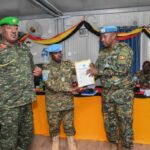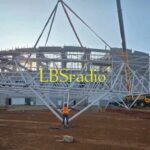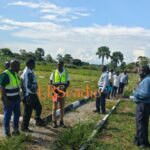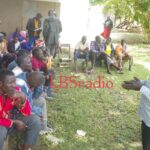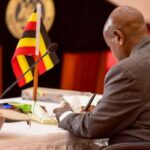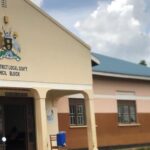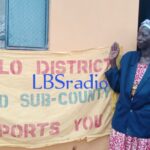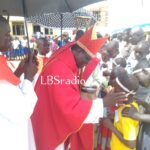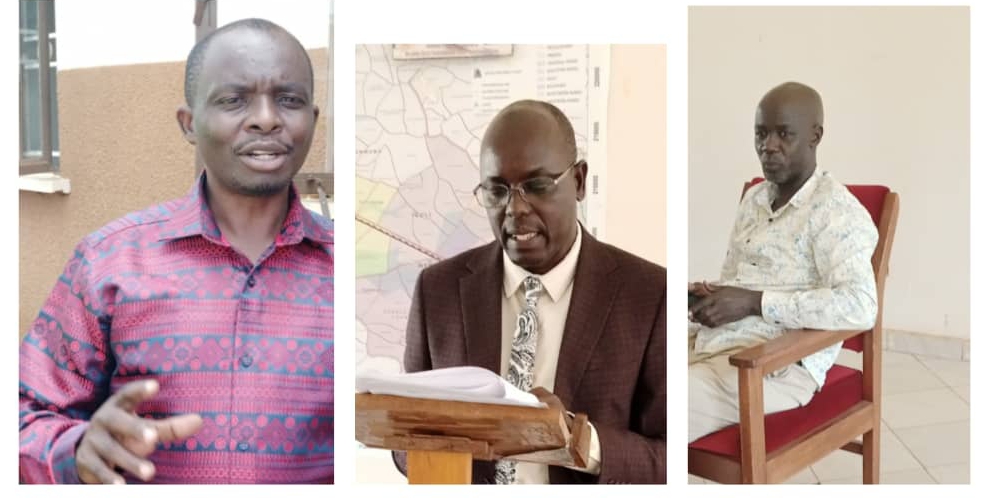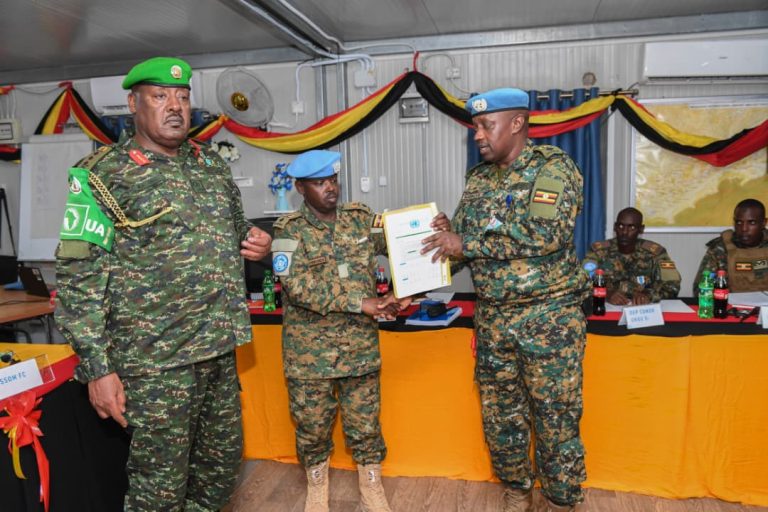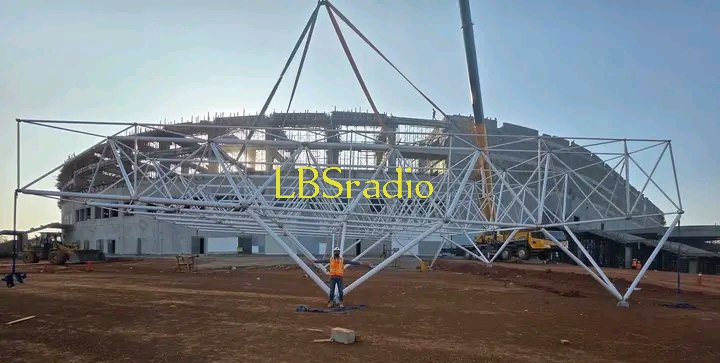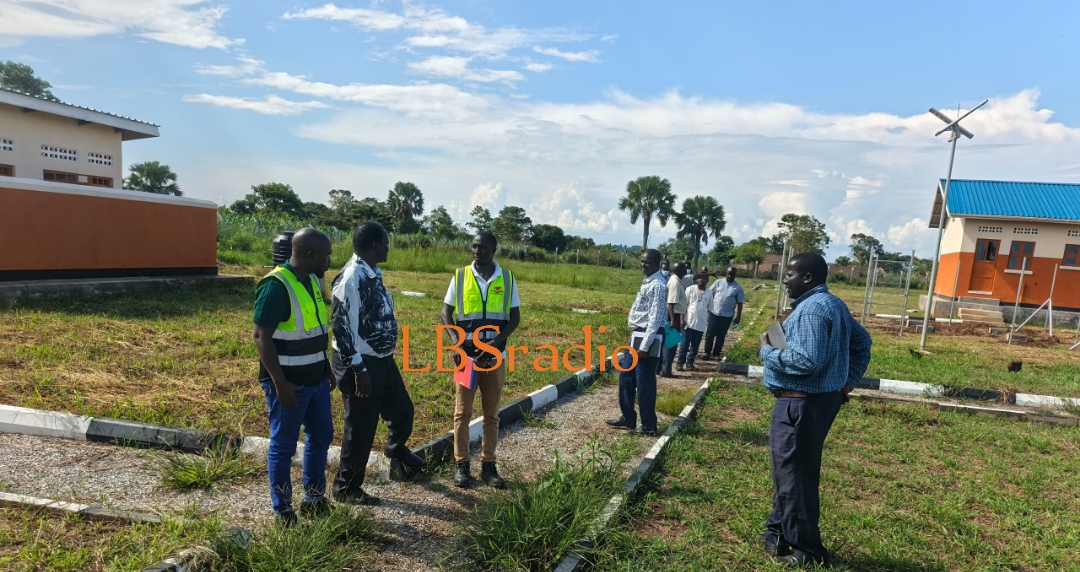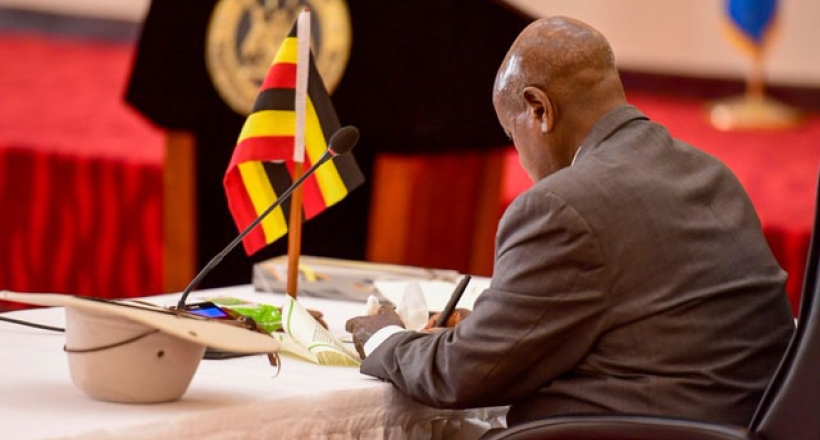As the search for alternative sources of energy continues to gain momentum, the Ugandan government is taking steps to explore the hydrocarbon potential in the area.
The Republic of Uganda through the ministry of Energy and mineral development, intends to open up new areas for Petroleum activities.
The new areas intended to be opened include; Moroto – Kadam, Lake Kyoga and Hoima Basin in accordance with section 47(5), of the petroleum (Exploration, Development and production) ACT, 2013.
This move is aimed at increasing the country’s oil and gas production and reducing its dependence on other country’s sources of energy.
Today, a stakeholders’ engagement was held at the Dokolo district council hall, bringing together government officials from Dokolo, Amolatar, Kwania, and Kalaki districts.
The meeting was organized by the Ministry of Energy and Mineral Development to discuss the hydrocarbon potential in the area and the upcoming surveys scheduled to take place after February 14, 2024.
During the meeting, the LC5 chairperson of Amolatar district, Geoffrey Ocen, expressed the need for more awareness measures to be taken as the survey team begins their work on the ground.
He emphasized the importance of disclosing all the necessary information about the hydrocarbon potential to the locals and translating it into local languages, so no one is left out.
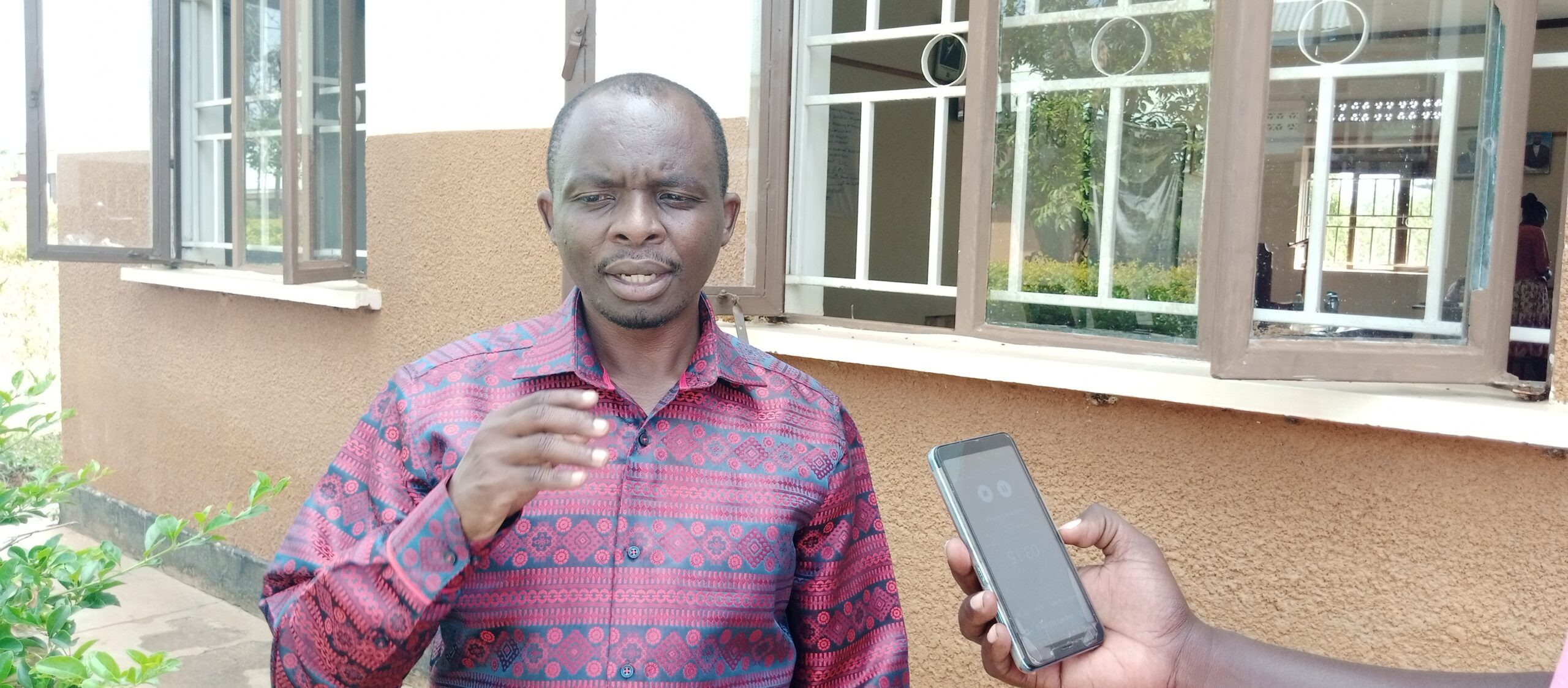
Ocen also urged the community to refrain from selling their land to individuals who may be seeking compensation instead of the original landowners.
Echoing Ocen’s sentiments, James Otoo Apili, the district chairperson of Dokolo, assured the government of their support in the survey process.
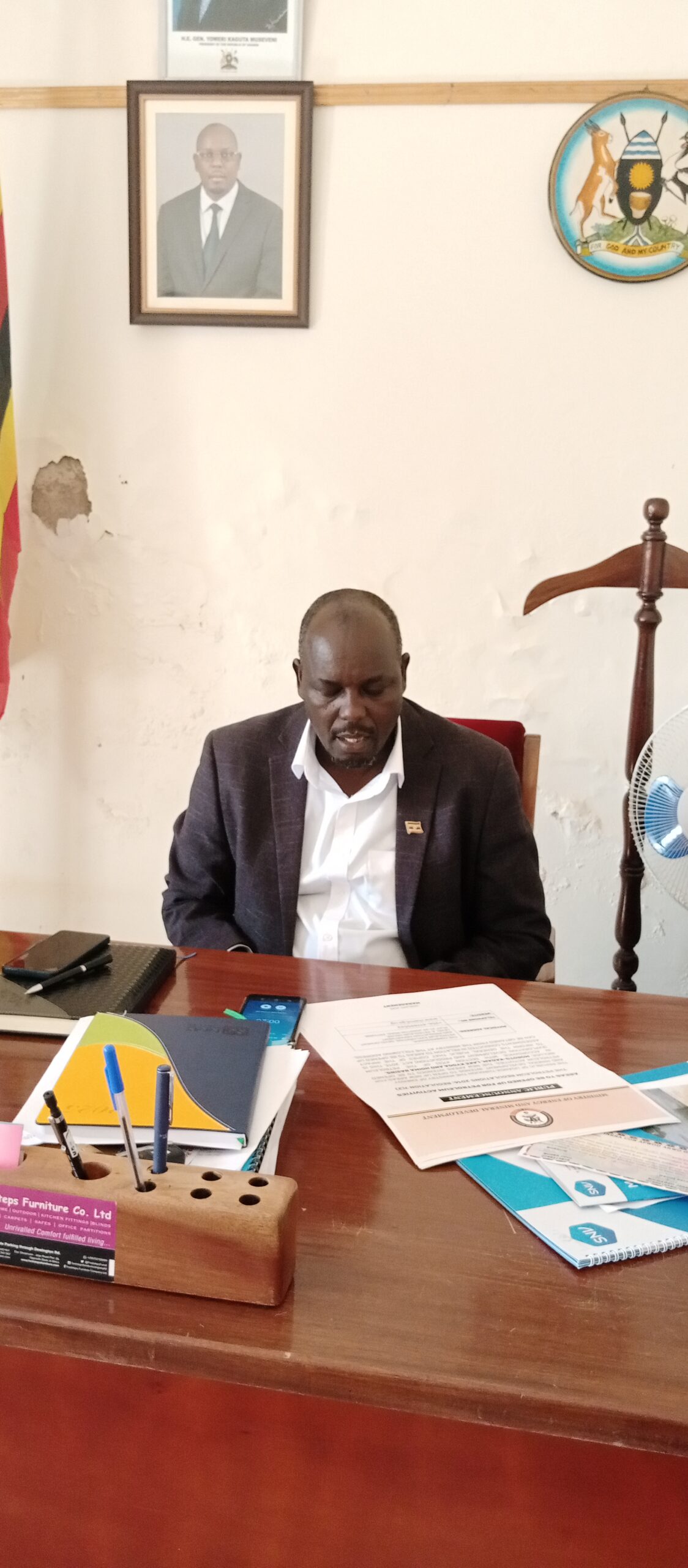
However, he also urged the government to be transparent and to share information with the community to avoid any misunderstandings and land disputes.
He further suggested that the government should gazette Dokolo district as the center of operations during the implementation of the project.
Samuel Okello, the Kalaki district chairperson, highlighted the need for proper management of the project, expressing concern that some visitors may take advantage of the situation to buy land and seek compensation.
He urged the ministry to engage with the community and address any potential issues that may arise.
Isaac Otim Oceng, the Assistant RDC of Dokolo, cautioned against conducting the survey without proper security assistance.
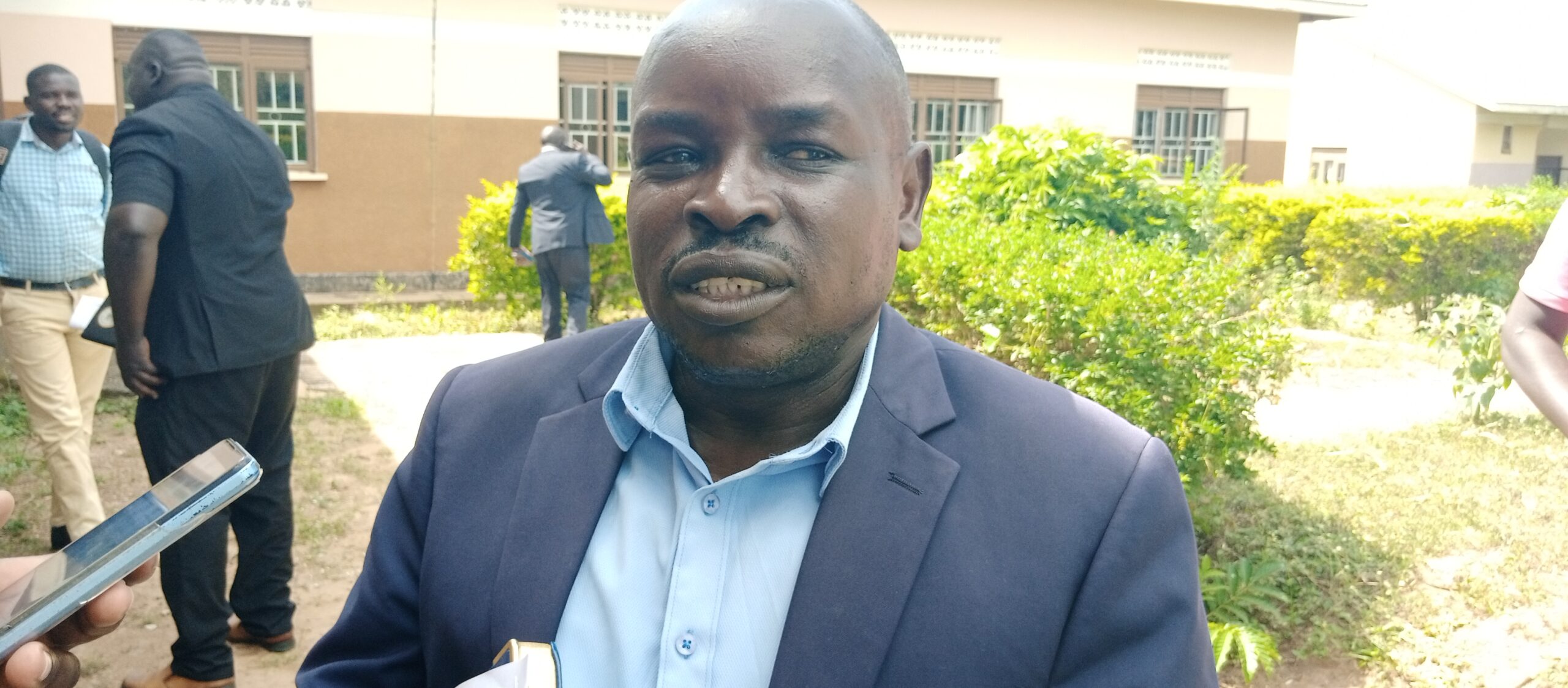
Addressing the stakeholders, Tonny Sserubiri, the principal geologist of the Exploration Directorate of petroleum, reiterated the government’s mission to discover oil and gas in the area.
He also emphasized the significance of the Environmental Impact Assessment as a strategic document and a general overview for leaders.
During his presentation on Hydrocarbon Potential, Sserubiri said several studies have assessed the Lake Kyoga Basin’s petroleum potential, including aeromagnetic surveys and geological, geophysical and geochemical field excursions.
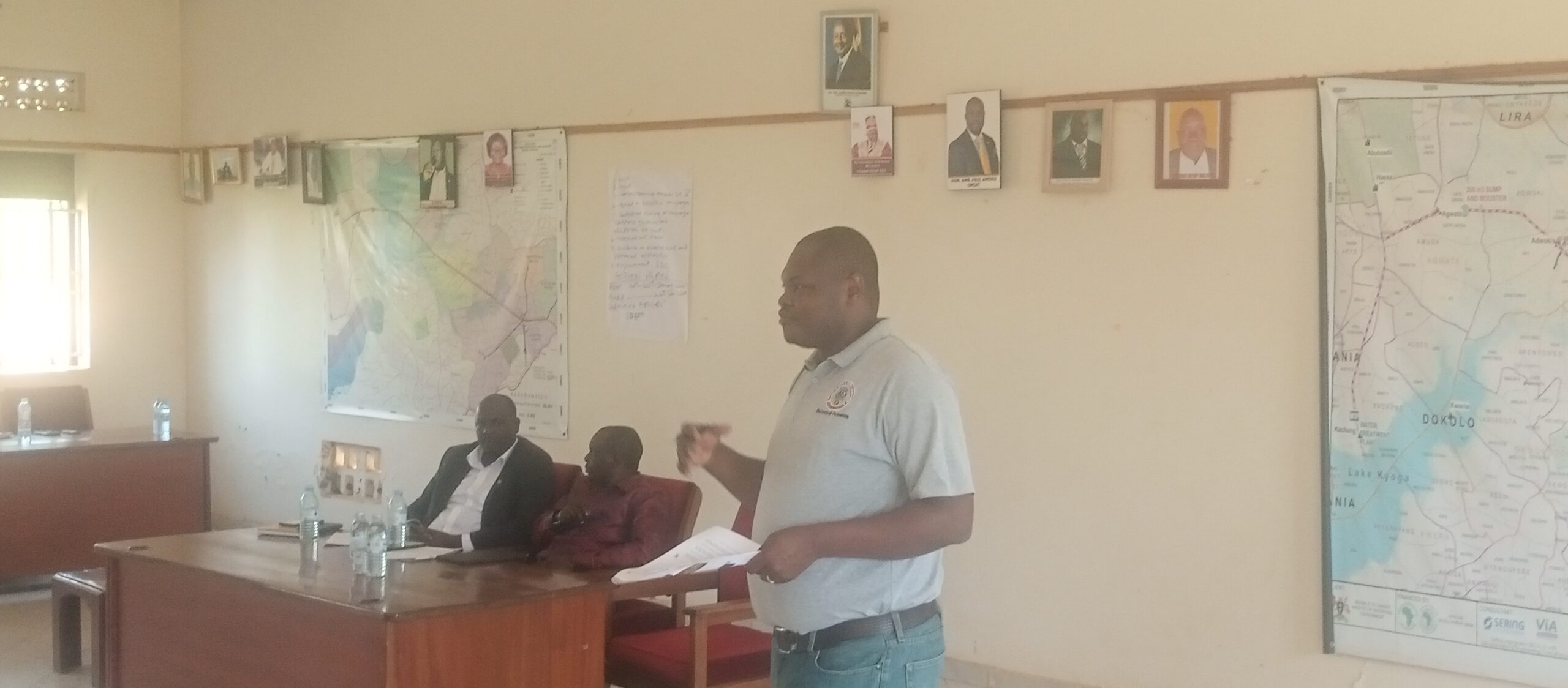
It was also reported that the Aeromagnetic surveys (1992) revealed that sediment thickness exceeding 2km in the western part of the lake Kyoga Basin, suggesting favourable conditions for Hydrocarbon generation.
Potential Hydrocarbon traps structural highs identified within the Basin could serve as traps for Hydrocarbons generated within the area among others.
The Ugandan government’s efforts to explore the hydrocarbon potential in the Lake Kyoga Basin are a crucial step towards achieving energy independence and boosting the country’s economy.


